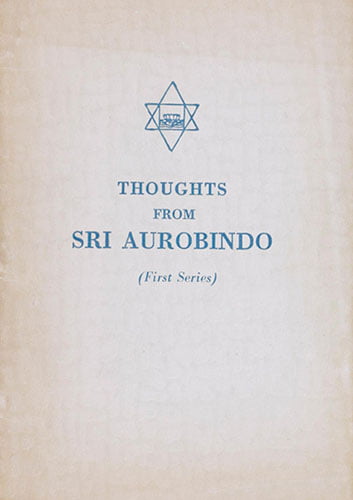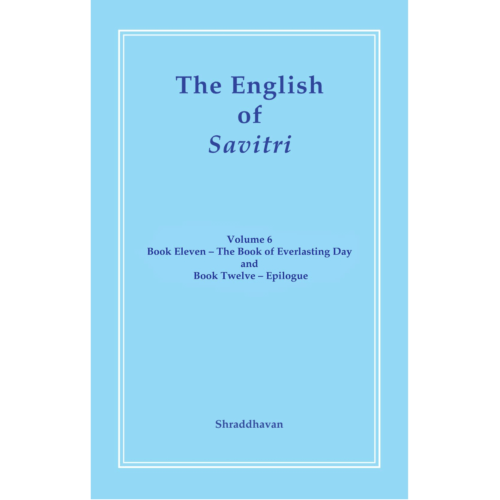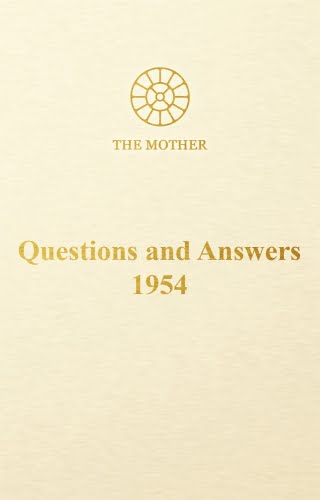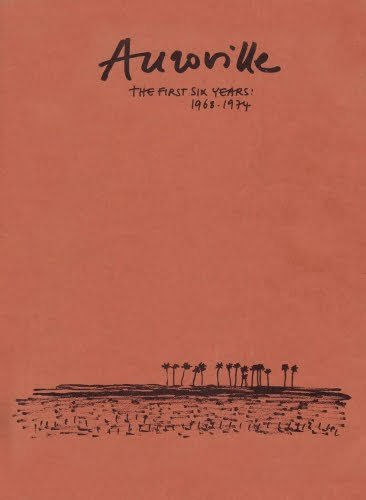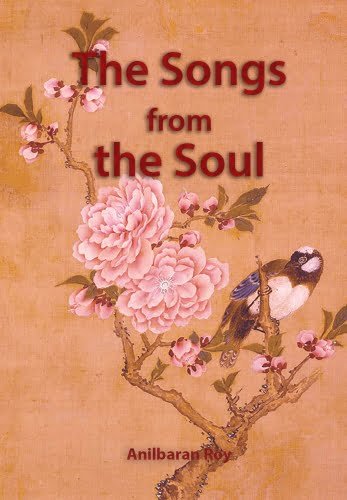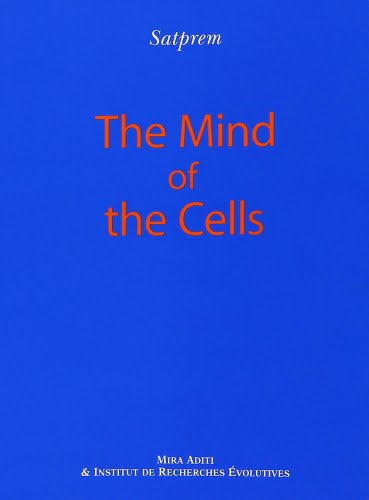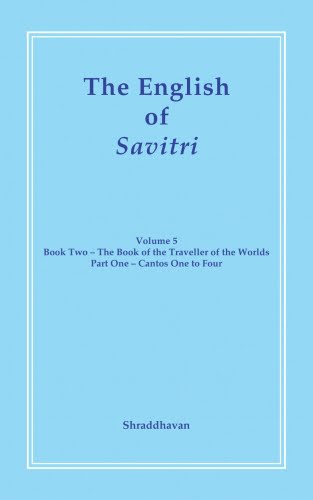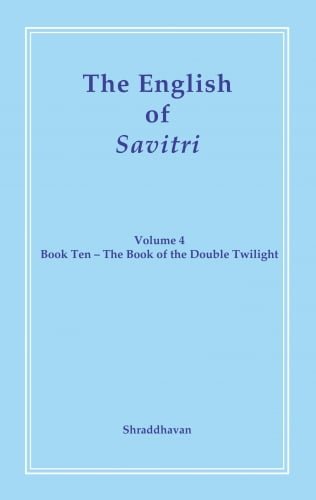Lyrical Poems of Sri Aurobindo

Lyrical Poems of Sri Aurobindo
Sri Aurobindo once wrote that he wanted his short poems published in two separate books, one of sonnets and one of “(mainly) lyrical poems”.
This book contains all of Sri Aurobindo’s short poems, other than sonnets, composed between 1930 and 1950, with the exception of poems written solely as metrical experiments, nonsense poems written as parodies of surrealist verse, and incomplete or fragmentary poems. Most of the poems included are “lyrical” in the technical sense: they are short and express the writer’s personal thoughts and feelings. Unlike most other examples of the genre, however, their lyricism is spiritual and psychic. Along with the later sonnets and the epic Savitri, they represent Sri Aurobindo’s highest achievement in spiritual or yogic poetry.
Twenty-eight of the forty-two poems in this book were published by Sri Aurobindo during his lifetime in the following volumes: Six Poems (1934), Poems (1941), On Quantitative Metre (1942), and Poems Past and Present (1946). The other fourteen poems are taken from his manuscripts from the same period. Most of them were revised more than once, but some exist only in a single handwritten draft.
Book Details
Author: Sri Aurobindo
Print Length: 83 pages
Publisher: Sri Aurobindo Ashram
Book format: PDF, ePub, Kindle
Language: English Read more

